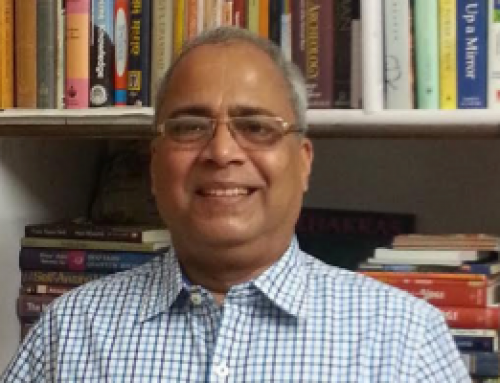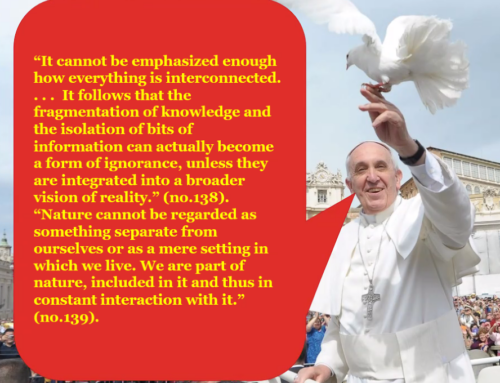In this presentation, Halard Walach summarises the Galileo Commission Report in a talk for the Society for Scientific Exploration. The argument starts with the insight that all human endeavors are necessarily founded on absolute presuppositions in the sense of Collingwood and that the current presuppositions of science are largely predicated on a materialist worldview. This has served us well up to a point. It seems that we have reached a stage in science and society at large, where an exclusive reliance on such a worldview could prove not only limiting, but dangerous. Evidence that points towards the necessity of broadening such a view comes from some areas of anomalistic science: reports of veridical cases of non-local perception during near-death experiences, the cumulated data-base of experimental parapsychology, evidence of case reports from children with memories of previous lives, to name but three. This type of phenomenology cannot be incorporated into the current world model. This is why these phenomena are largely ignored. If we, however, take these phenomena seriously, as the report suggests, we can broaden our view. The basic requirement for this is a twin acceptance of a world-model that provides for some non-locality and for consciousness to have some causal and possibly independent ontological status. A minimum consensus model would be a dual-aspect theory of consciousness. A model that can incorporate non-locality would either have to resort to a field, or to a generalized form of non-locality as derivable from a generalized quantum theoretical framework, as we have proposed. Such a broadened view would by necessity be inclusive and would lead to different types of research questions being pursued and would also propose an overall connectedness both of mankind, but also with nature and the planet at large. The ramifications for teaching and research are obvious and will be outlined.

